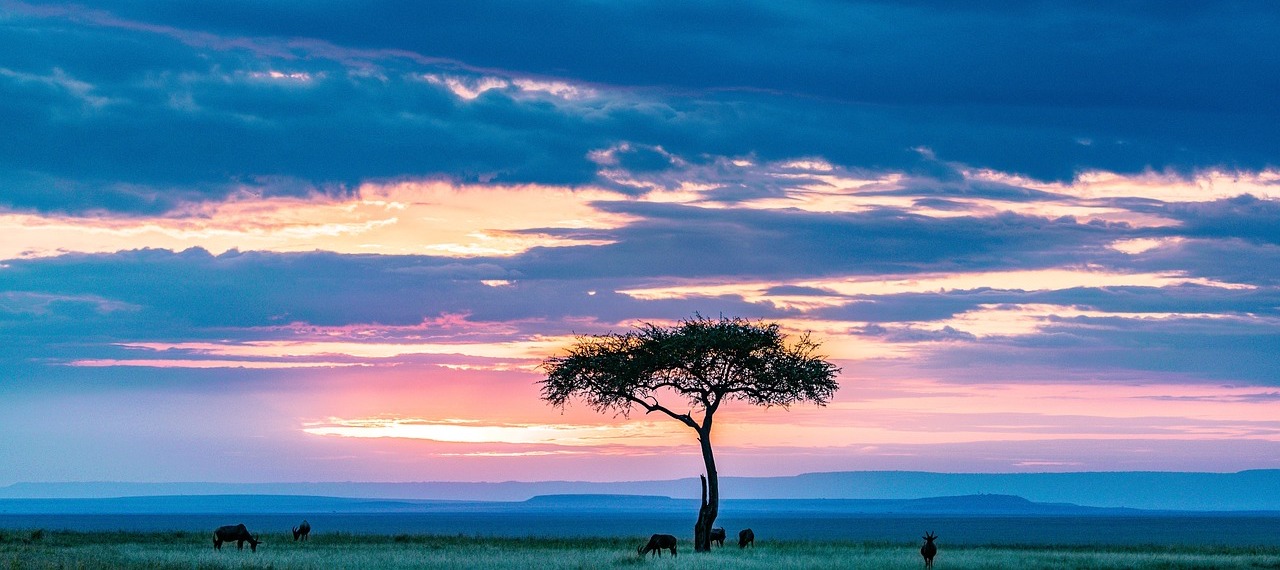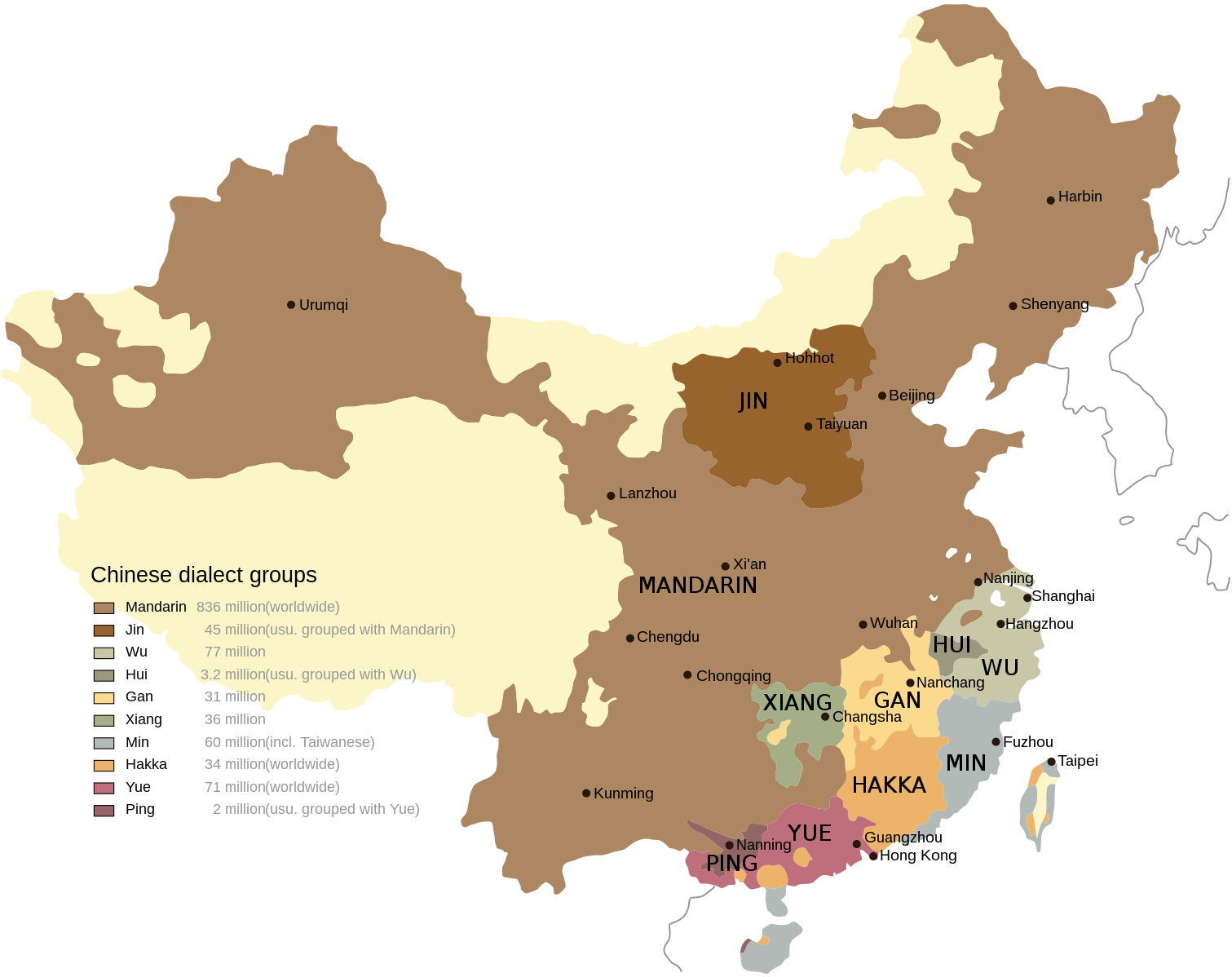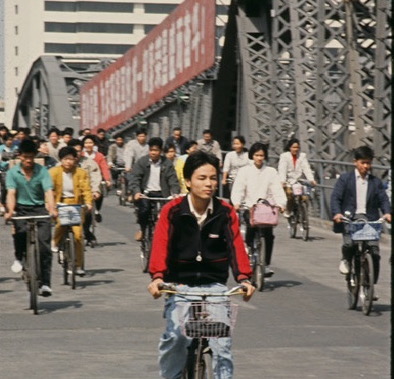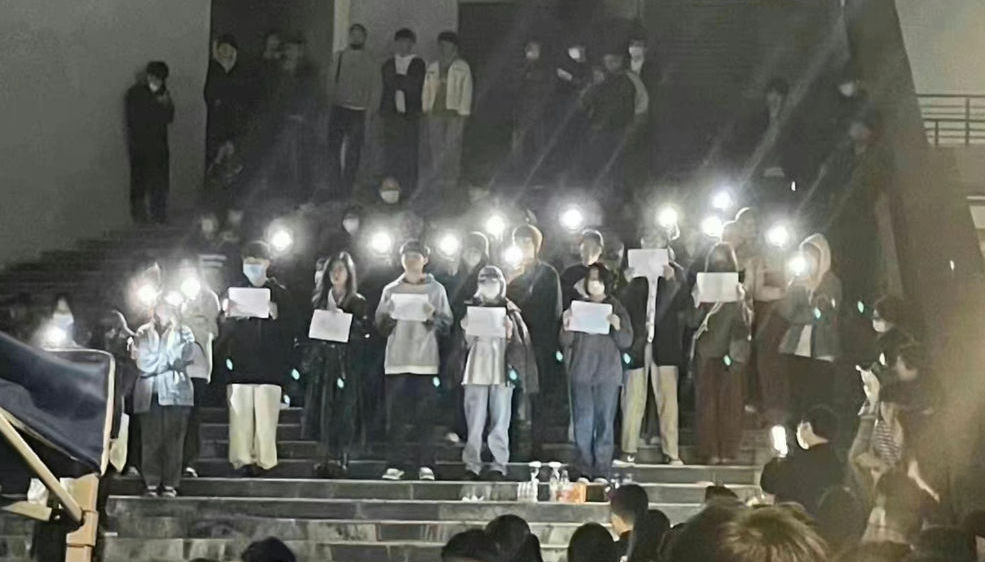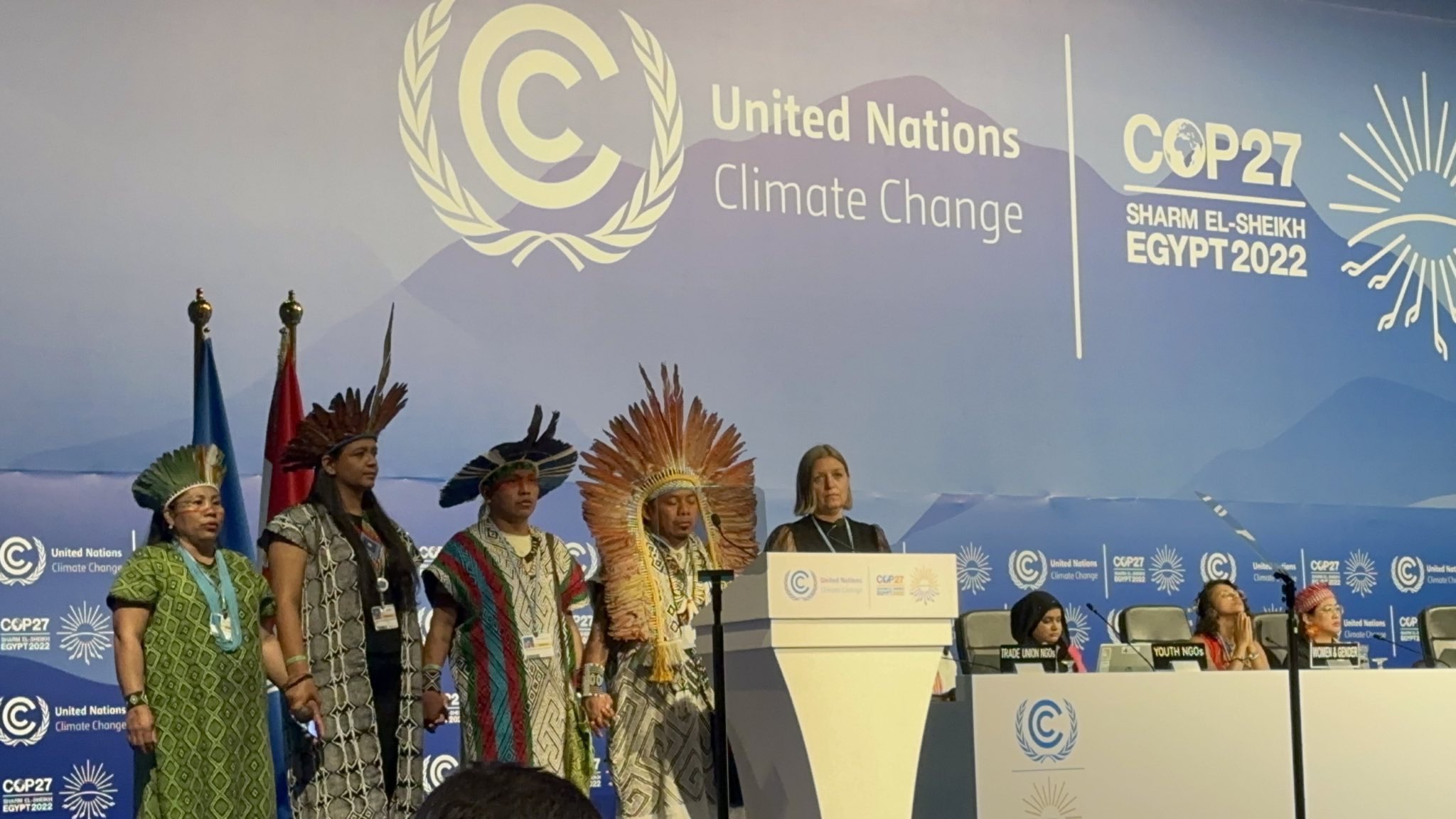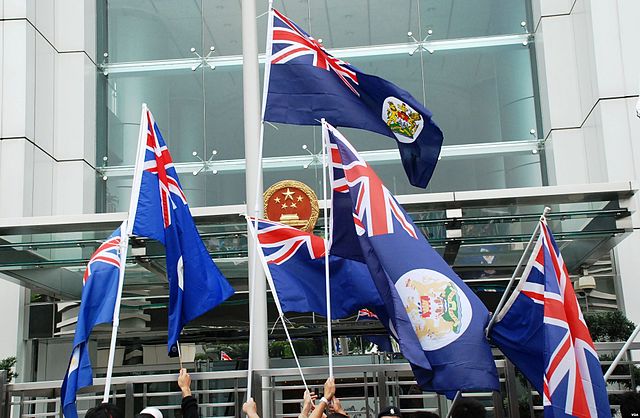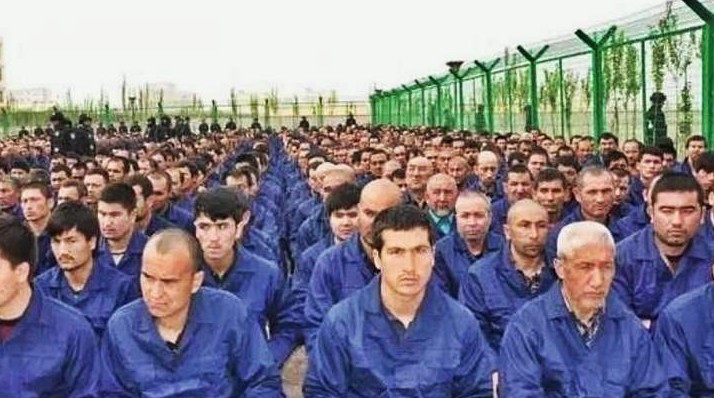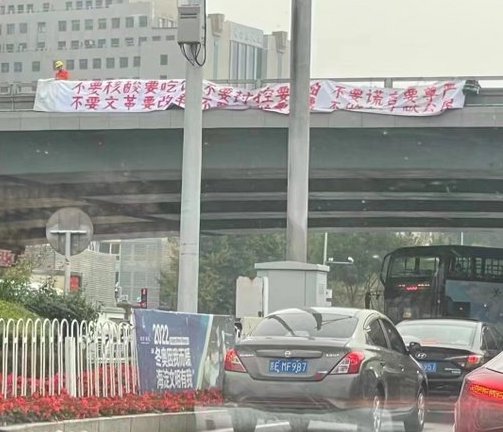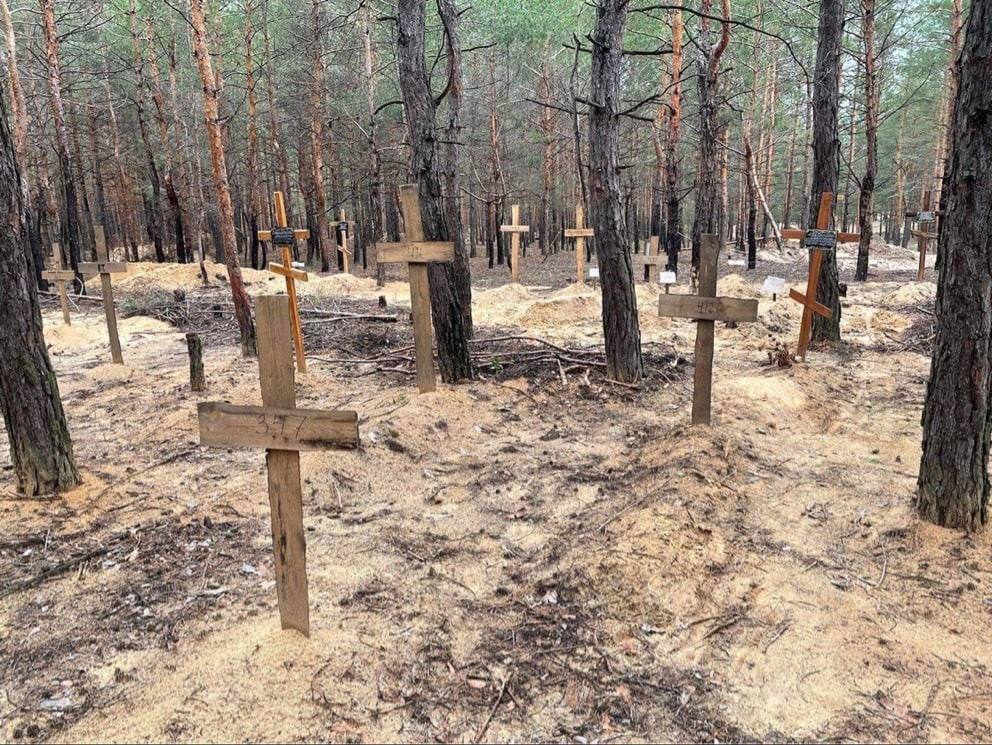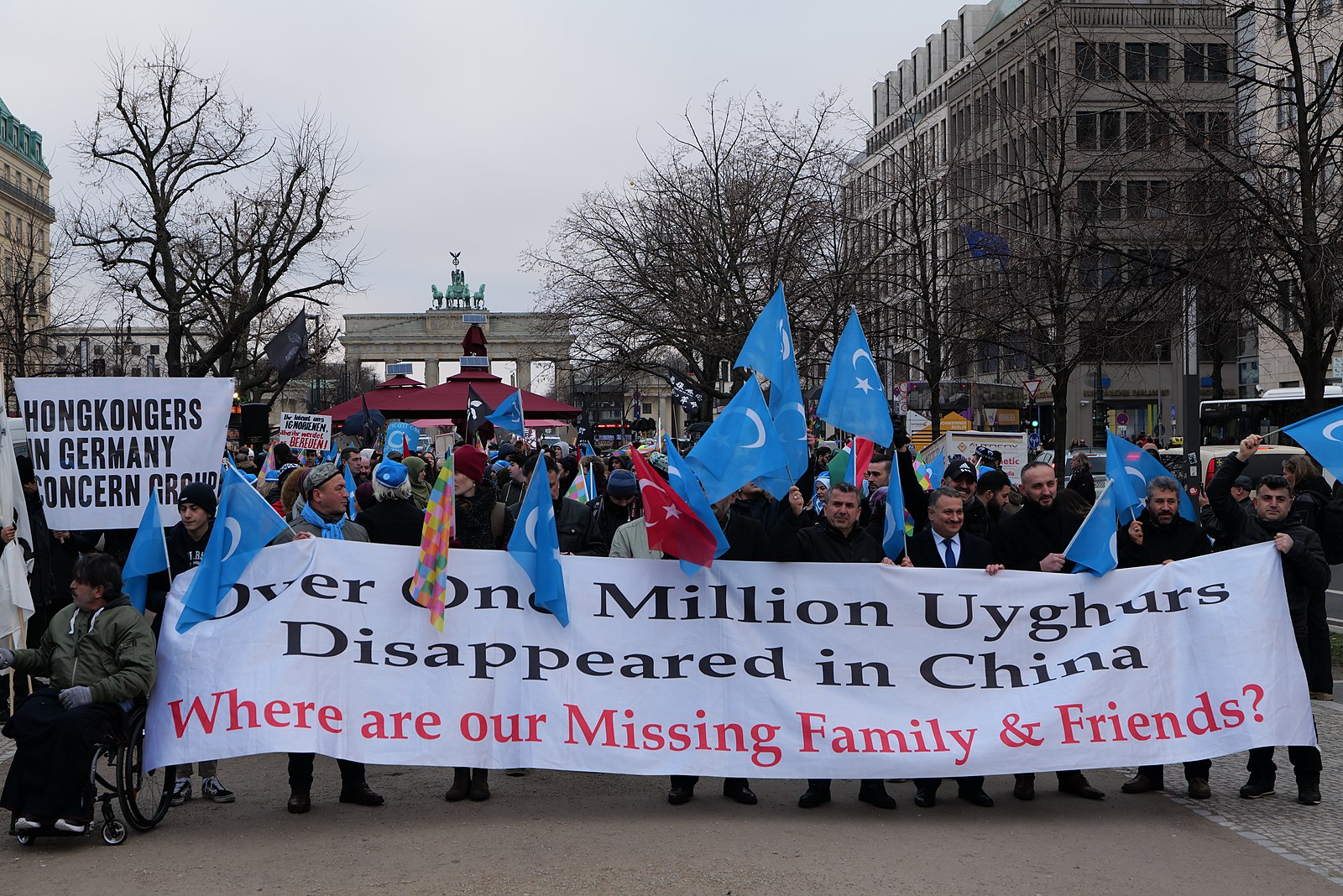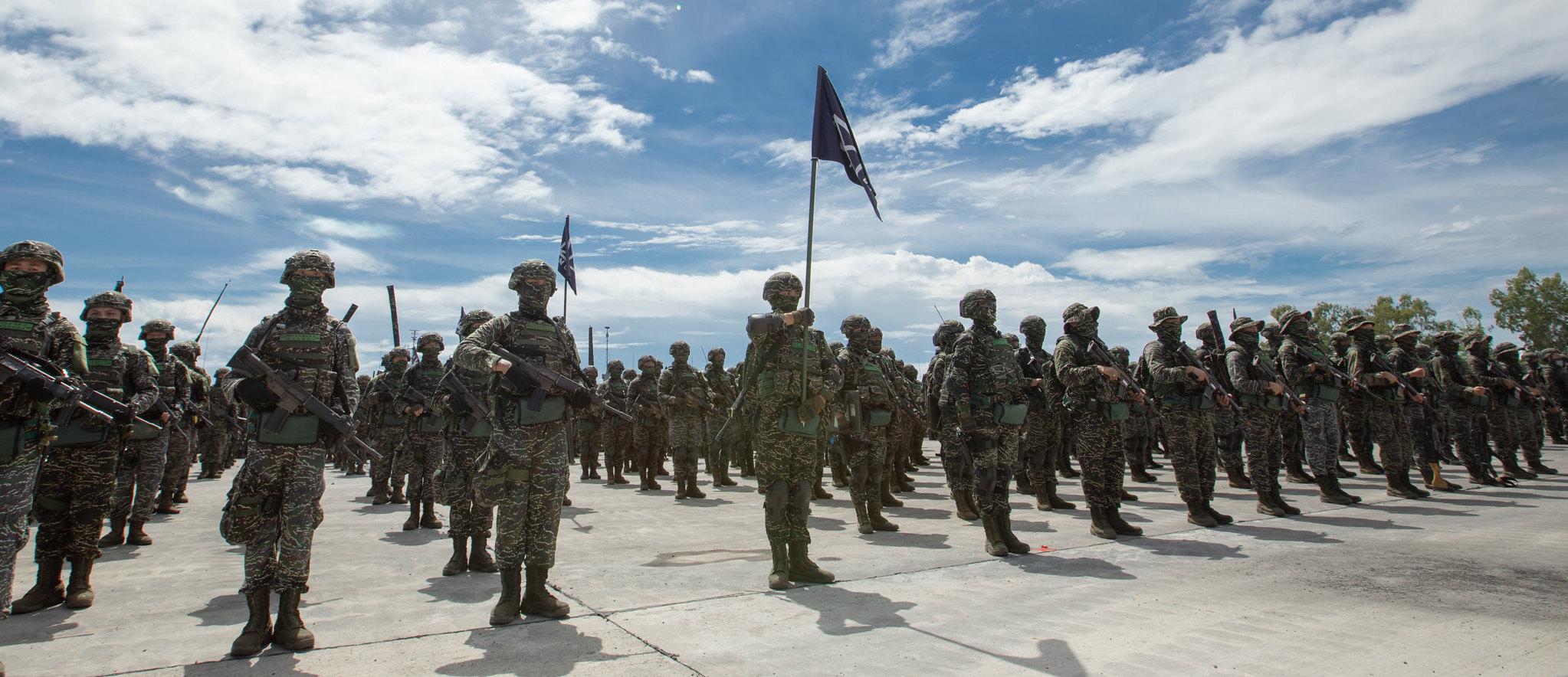
Taiwan extends military conscription period
Taiwan’s President Tsai Ing-wen announced a plan to strengthen and restructure the nation’s defense strategies, including extending the mandatory conscription period from four months to one year. Beginning in 2024, all males turning 19 will need to undergo a year-long period of military service—for the first time since 2008. In light of China’s expansionist military activities in the South China Sea and the firing of ballistic missiles into waters off Taiwan this year, Tsai stressed the need for Taiwan to be well-prepared for war. “The decision is a difficult one, but as the head of the military and for the continued survival of Taiwan, this is an inevitable responsibility,” Tsai said. (Photo: Wikimedia Commons)



